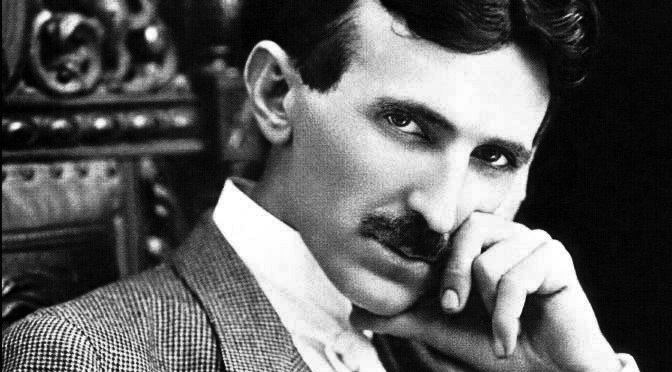Whether they are weighing train cars, big rigs or vegetables in your local grocery, scales are the engines that drive global commerce. Without them, there could be no trade, and laboratories and pharmaceutical companies would have to dream up other ways to assay, mete and dose. Yet most of us are oblivious to the physical laws and clever engineering that go into these pivotal devices. It’s time to weigh in on…
Category Archives: Engineering
For green energy, there’s no place like loam

Petroleum use is rife with environmental and security issues, and first-generation biofuels fall well short of carbon neutrality. Moreover, as global food crops literally lose ground to biofuel production, mounting scarcity is driving up food prices, increasing global hunger and political instability.
But what if we could have our rice and burn it, too? What if we could derive energy from crops without killing them, or generate power using plants and land not needed for food, all through the power of microbes?
Hypersonic: Don’t believe the hype

Imagine a Mach-20 aircraft capable of flying coast to coast in less time than it takes a passenger to clear security; now imagine the jet lag to follow. If the idea still sounds appealing, bear in mind that the most recent attempt at such a plane flew right out of its own skin before ditching into the Pacific.
Welcome to the world of hypersonic flight.
Of course, that was a military weapons platform; contrary to what some aircraft manufacturers’ flacks would have us believe, passenger planes are likely to remain subsonic or supersonic for the foreseeable future – and for good reason.
Could You Commute From New York to Los Angeles in 12 Minutes?
Light bulbs: They don’t make ‘em like they used to
Tesla: A mind to light the world
Thomas Edison has long enjoyed the incandescent light of public admiration and textbook domination while Nikola Tesla, the scientist and inventor who pioneered the alternating current that truly powers the modern world, has unjustly languished as a footnote in scientific history. Farsighted, quirky, driven and brilliant, Tesla frequently leapfrogged ahead of his contemporaries to the next step, and the next.
Over the course of his long career, Tesla registered over 111 American patents and around 300 patents worldwide, including radio and alternating current. He designed the Niagara Falls power station that provided electricity to most of the northeastern United States. But his loyalty to his first loves, science and progress, cost him his fame, his fortune and, some argue, his sanity. These are just a few of the …

